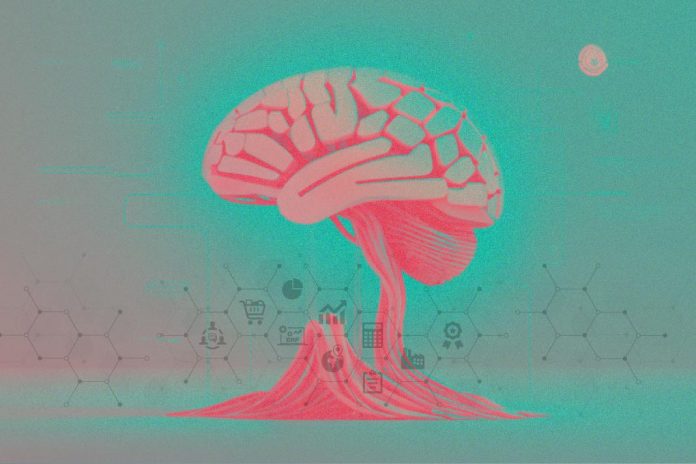Enterprise resource planning (ERP) systems have long been the digital backbone of successful businesses. But while ERP systems have quietly evolved, artificial intelligence (AI) has captured the spotlight, pressuring business leaders to unlock measurable returns on their AI investments.
For decision-makers faced with balancing both AI and ERP priorities, this might seem like a dilemma. But it isn’t. The most successful path forward is not choosing one over the other. Rather, it’s recognising that ERP is quickly becoming the key enabler of impactful AI.
The Foundation of Governed Data
AI’s value is fundamentally tied to the data it consumes. Models thrive on quality, volume, and governance. If the data isn’t clean, results won’t be reliable. If data isn’t governed, the business faces security risks and regulatory violations.
ERP platforms, by contrast, are mature systems built on solid data foundations. They offer a rich, structured, and governed data environment—the kind that AI needs to deliver accurate, actionable insights. Long before AI became mainstream, ERP was quietly managing enterprise data with rigour. Now, as AI takes centre stage, ERP provides the robust, governed foundation AI needs to succeed.
The Data Lake as a Strategic Staging Area
One of the most compelling intersections between ERP and AI lies in the use of data lakes. These centralised repositories collect, store, and prepare vast amounts of structured and unstructured data. Think of the data lake as an intelligent staging area that houses information to be analysed, tested, and modelled by AI systems, all within the secure confines of the ERP environment.
Unlike traditional data warehouses, which can take months to build, a modern data lake can be deployed quickly (sometimes in weeks), unlocking cross-functional insights much faster. Departments that once guarded their data can now contribute to and benefit from a unified, accessible, and compliant information ecosystem. This democratisation of data is critical for AI adoption.
Scalability for Global Ambition
Businesses are increasingly eyeing growth beyond borders. As they do, their digital infrastructure must scale accordingly. Today’s cloud-enabled ERP platforms and their associated data lakes mean that storage, processing power, and compliance capabilities can grow in line with demand at a lower cost than legacy infrastructure.
This scalability isn’t just about handling more data. It’s about enabling more sophisticated AI use cases, from predictive analytics to automated decision-making. When supported by a scalable ERP foundation, AI becomes more than an experiment; it becomes a growth engine.
From Raw Data to Embedded Intelligence
The strength of AI lies not only in its ability to process data but in the insights it can generate from a wide variety of information. Modern ERP systems integrate with machine learning (ML) and other AI tools to support advanced analytics, helping organisations surface insights that were previously buried in silos.
Want to identify the early signs of supply chain disruption? AI models embedded in ERP systems can flag anomalies before they escalate. Need to forecast demand more accurately? AI can combine historical sales data, market trends, and external signals to build a clearer picture. From finance and inventory to HR and customer service, the reach of AI grows significantly when built on a foundation of ERP data.
A Framework for Security and Compliance
Given that multinational organisations must navigate data protection laws that vary from one market to another, ensuring compliance is a growing concern. Businesses must juggle national regulations around data residency with international requirements like the General Data Protection Regulation (GDPR) or industry standards such as the Payment Card Industry Data Security Standard (PCI DSS).
Here again, ERP proves its worth. These platforms offer built-in governance, role-based access controls, audit trails, and encryption protocols. When AI is layered on top of a well-managed ERP system, it inherits these safeguards, allowing organisations to innovate without compromising on compliance or security. The data lake, in particular, supports granular control over who accesses information and how it is used, providing a critical check against misuse or error.
Avoiding the Pitfalls of ‘AI for AI’s Sake’
There’s a growing temptation in today’s business world to adopt AI because it’s fashionable or expected. But AI is not a silver bullet, nor is it a standalone solution. Organisations that deploy AI in isolation will struggle to generate meaningful return on investment (ROI).
This is where the synergy between ERP and AI comes into focus. ERP is the domain of operational execution; AI is the domain of intelligent optimisation. When brought together, they form a powerful feedback loop: AI analyses ERP data to generate insights, while ERP systems use those insights to drive real-time action. The result is better decisions, stronger performance, and a lasting competitive advantage.
